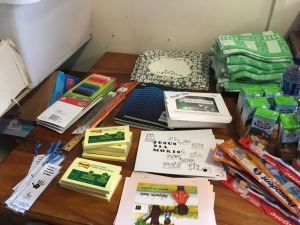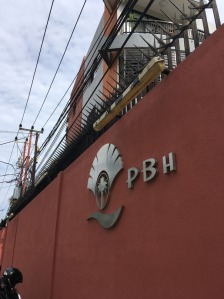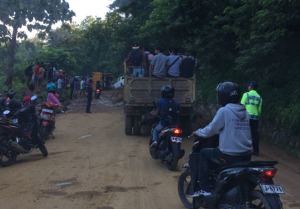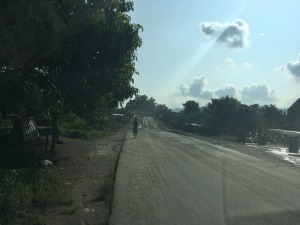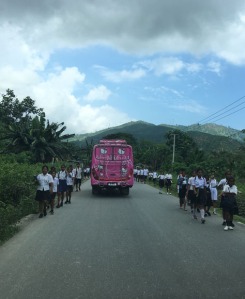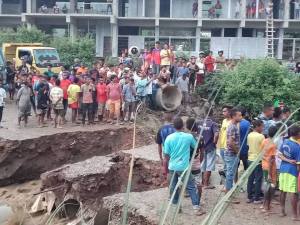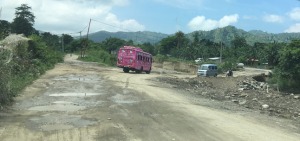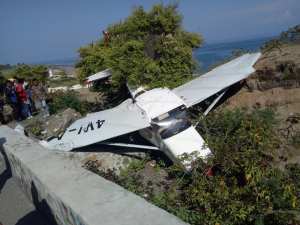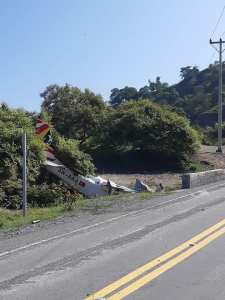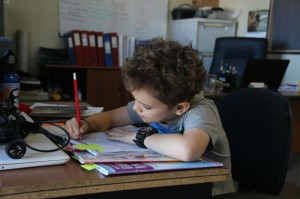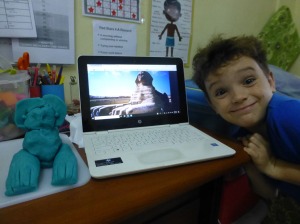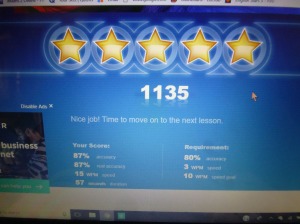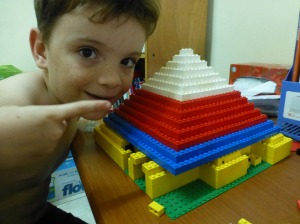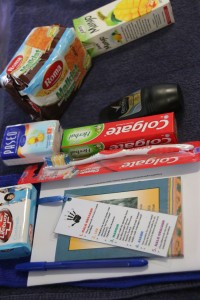In late March as most of the world was focused upon the COVID19 pandemic, the people of the village of Berau, on the island of Atauro in Timor-Leste were focused on something very different. Due to a sporadic wet season, the corn crops for the village had failed. Instead of fields filled with green corn plants with cobs ready to be picked, just brown withered stalks surrounded the homes.
Kadi Kapasidade, which means ‘Sharpen Capacity’ in Tetun is a Christian organisation working in Timor-Leste. They operate a one year Bible college style training course and have completed the translation of the Old Testament. The community of Berau, on the southern end of Atauro island is one of the communities where Kadi Kapasidade visits regularly.
The 140 square kilometre island, which stretches about twenty five kilometres from north to south is off the northern coast of Timor-Leste. Although Atauro island is just thirty five kilometres, or a fifteen minute flight from the capital city of Timor-Leste, it is a rocky, mountainous place and its inhabitants struggle to access resources such as food and health care easily. Approximately 8,000 people live on Atauro island, many in village locations with no road access, so travel must be done by boat or by foot.
On the 20th of March, MAF Timor-Leste Pilot, Timothy Southcott left Dili International Airport for the fifteen minute flight across the sea to Atauro island. Onboard MAF’s GA8 aircraft, VH-MAH, on this flight was two 44 gallon drums and five hundred kilograms of corn. Timothy explains, “I wasn’t planning to fly that day, as we were due to fly out to Australia the next morning, but was happy to help on my last day in Timor-Leste. It was tricky loading the aircraft as the corn was in fifty kilogram bags. Calculating the weight and balance, maximum floor loading and maximum landing weight requirements was complicated. The corn and drums amounted to a 540kg payload which meant I had to take everything I could out of the plane (including the front seat) and fly with close to minimum fuel.
The flight went well and the locals in Atauro were very grateful for the delivery but sadly I couldn’t stay around to chat. When I landed I received a call for a medevac from Oecusse so we had to unload as quickly as possible to return to Dili. The MAF team then helped me refuel and reconfigure the plane as fast as possible so I could head out on the medevac flight. It was a busy last day in Timor-Leste but very glad to be able to help.”
Samuel Bacon from Kadi Kapasidade says, “The community of Berau only get one chance each year to grow corn. We chose to deliver the corn to Berau because it is remote, there is no road access, only access on foot or by boat. Kadi Kapasidade own a small boat and we took four MAF drums by boat to Berau.
The decision was made to use the MAF plane for this delivery as it is a much quicker and safer method of transportation for these essential supplies. A boat trip to Atauro island from Dili can take around three hours depending on ocean conditions. This is using a normal ‘everyday’ Timorese boats with little outboard motors. Taking 500 kilograms of corn and drums in a small, open Timorese boat would have been challenging. The weight would have meant the boat would sit low in the water increasing the risk of being swamped and the corn getting wet. The trip would have likely taken three or four hours and at this time of year with the wet season ocean conditions can be very rough.
These drums allow the villagers to store the corn throughout the year so rats and weevils don’t get into it. Staff from Kadi then went around to the Atauro island runway on the east coast, a boat trip of at least forty five minutes, to collect another two fuel drums and 500 kilograms of corn. Berau has no port or jetty and the beach is made of large boulders. This makes unloading very difficult. There’s a lot of struggle and its definitely a group effort to steady the boat and pass off the corn. When a big swell comes in they push the boat out for a bit until it dies down and they can resume the offloading.
This corn won’t feed the village but we’ve asked the village chief and the pastor of the church to use the corn to help the very poor, such as the elderly or others in great need. If one hundred grams of this corn is included in a meal for one person, then I suppose it could supplement five thousand meals. The people of the village can add fish, roots and tree leaves (moringa) to this.”
MAF Timor-Leste loves to partner with organisations who are seeking to transform the lives of the isolated people in this nation. For the people of Berau this corn is a gift that will dramatically improve the health and well being for many people in this small village, perhaps saving some from starvation during the months ahead. This flight was perfectly timed for this community, as just two weeks later, restrictions were put in place regarding the purchase of grain and the movement of people within the country, due to a COVID19 related State of Emergency.
We are thankful that this partnership between MAF Timor-Leste, Kadi Kapasidade and the people of Berau allowed the community to have access to this much needed grain, and an effective way to store it, before a season of social distancing and restricted travel commenced.
When the corn crop fails…
04 Monday May 2020
Posted in Uncategorized


































